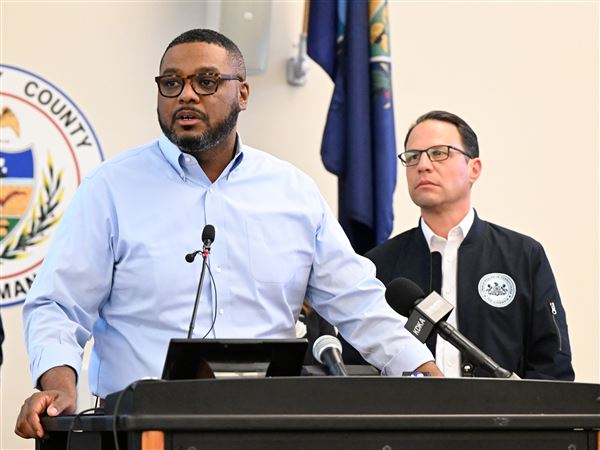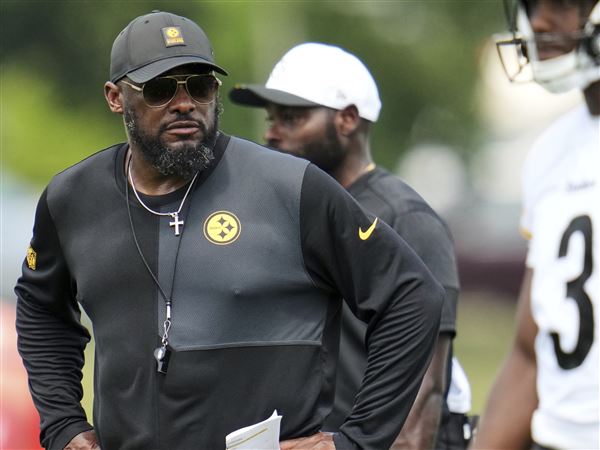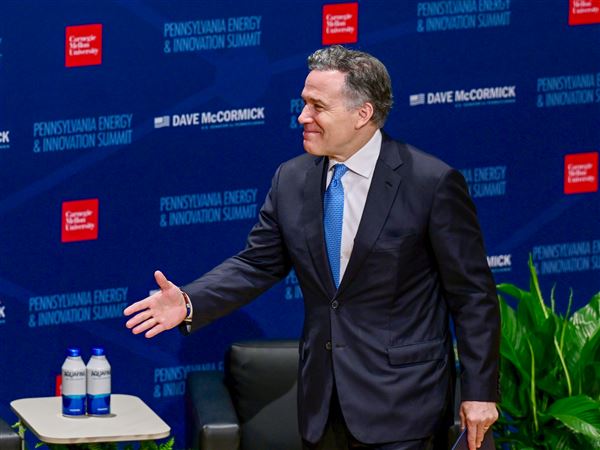FBI Director James B. Comey’s remarks Tuesday on Hillary Clinton’s use of emails during her time as secretary of state answers one question and raises another about the presumptive Democratic nominee for president.
The one he answered, based firmly on the FBI’s investigation, is that Ms. Clinton did use unclassified, private email facilities to communicate classified material, inside and outside the United States, a clear violation of law. Whether she did so without understanding the illegality of what she was doing — which served as the basis for Mr. Comey’s recommendation that no criminal charges be brought against her — depends on one’s faith in her credibility.
It is hard to imagine that she led for four years the Department of State, which — contrary to some charges — at home and abroad is conscious of and strict about the security of communications, and did not realize that she was breaking serious rules with her Chappaqua home-based servers.
It is also difficult to believe that no one in the Department of State had the courage or wisdom to tell her that she was out of line, breaking the rules. One also wonders why she and her advisers wouldn’t realize that, in doing so, she risked the major trouble now landing on her head in the thick of her presidential campaign.
At the State Department, where in this affair was the assistant secretary of state for diplomatic security, for example? Overseas, in American diplomatic facilities, the Marine guards’ primary responsibility is the protection of American communications, not American personnel.
There happens to be an excellent reason for the security. Can anyone imagine that the Russians or the Chinese wouldn’t be interested in what the U.S. secretary of state knows, thinks and is communicating to her senior staff about matters such as Ukraine, activity in the South China Sea or policy toward the Middle East wars?
Assuming Ms. Clinton knew what she was doing, why did she do it? The answer seems to be that she didn’t want ordinary mortals at State or anywhere else to get their hands on her messages, particularly given that she intended to run for president after her service in the first Obama administration.
The other piece of this ghastly drama that is disturbing is former President Bill Clinton’s recent effort to chat up Attorney General Loretta Lynch, to whom Mr. Comey reports as FBI chief. Both Ms. Lynch and Mr. Clinton claim they only talked about grandchildren and golf after their serendipitous meeting at a Phoenix airport tarmac last week. Even if that is true, it is the coziness inside the establishment that presents the problem, with an indictment pending or not pending.
Mr. Clinton’s action also raises the queasy question in Americans’ minds of what his role would be if the Clintons were to be returned to the White House. Is there a Bates Motel basement there to which he could be confined?
The second question, unanswered by the FBI’s investigation and Mr. Comey’s remarks, is, even without an indictment, is Ms. Clinton still worthy of being elected president of the United States? In some election years, it would be easy to say that she committed repeated, deliberate breaches of security in a very senior position, and lied about it, and should thus retire from the field.
But this year, if the other party’s presumptive candidate lines up on the other side of the table, the question becomes, which is worse? Or, how did we get in this mess? Not voting is not one of a responsible citizen’s options — tempting though it might be not to have to choose.
First Published: July 7, 2016, 4:00 a.m.















